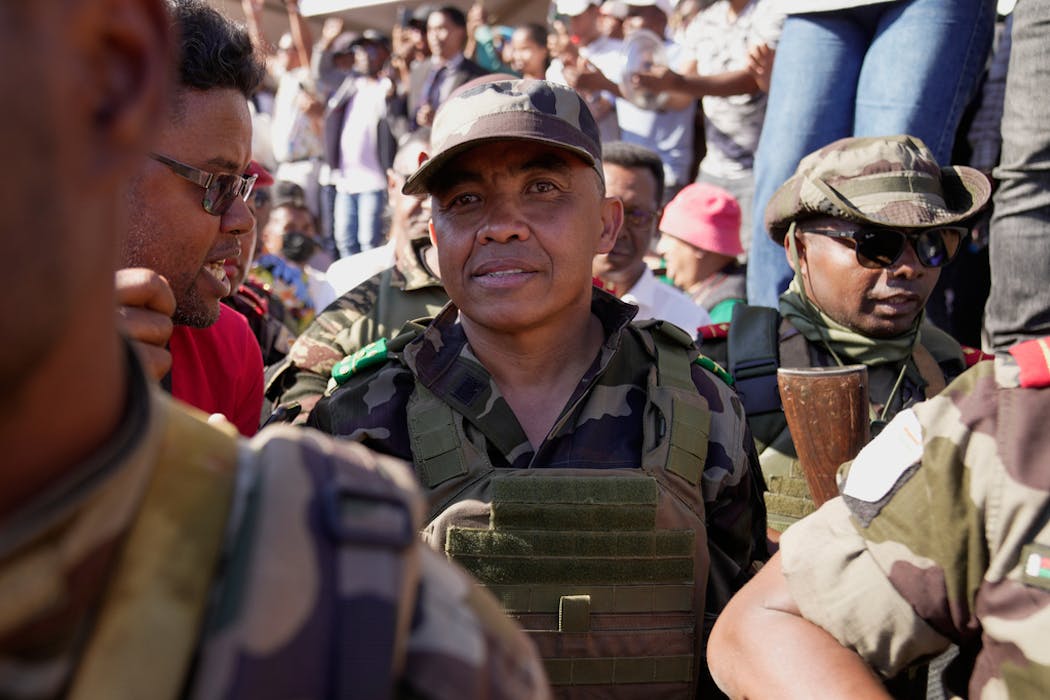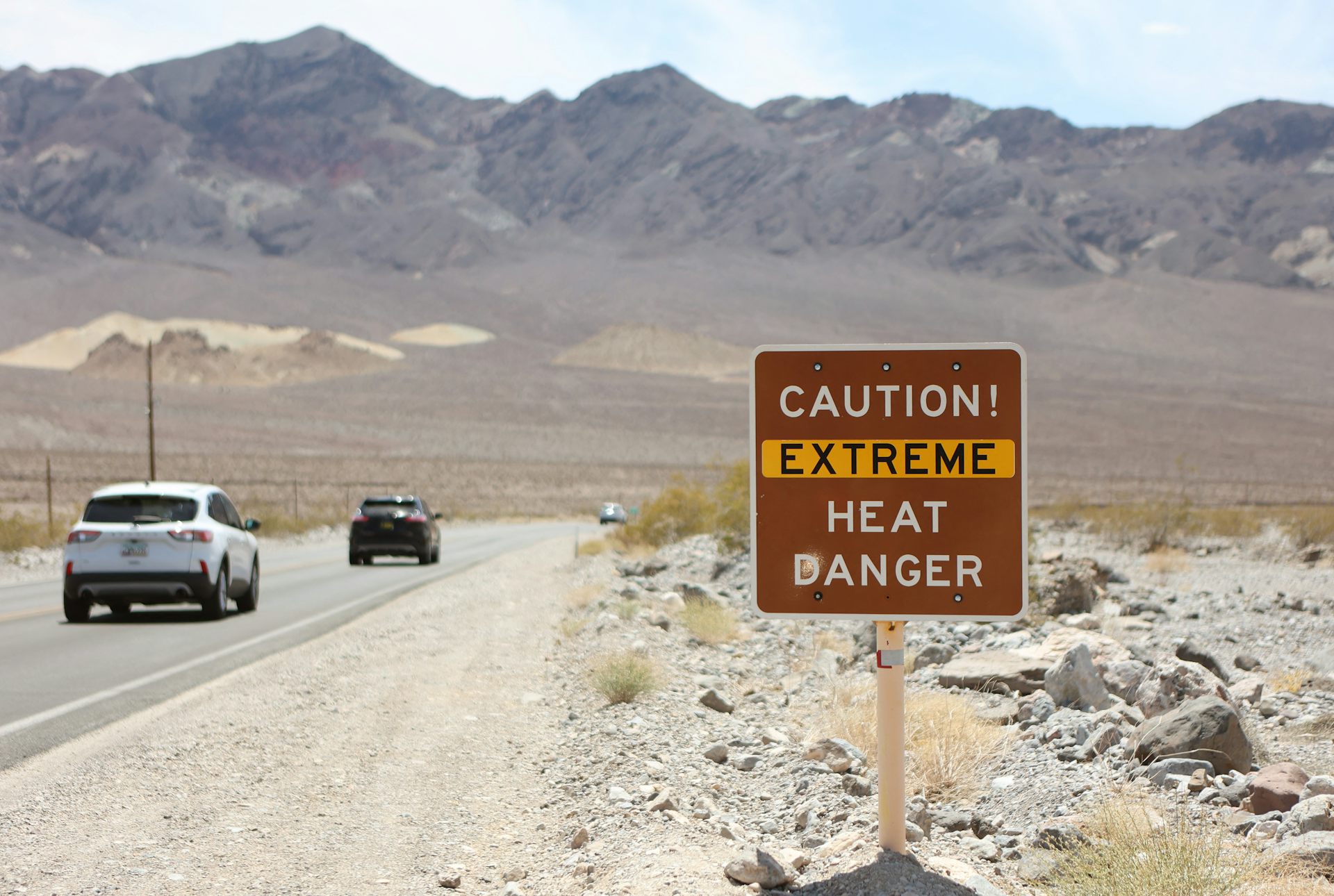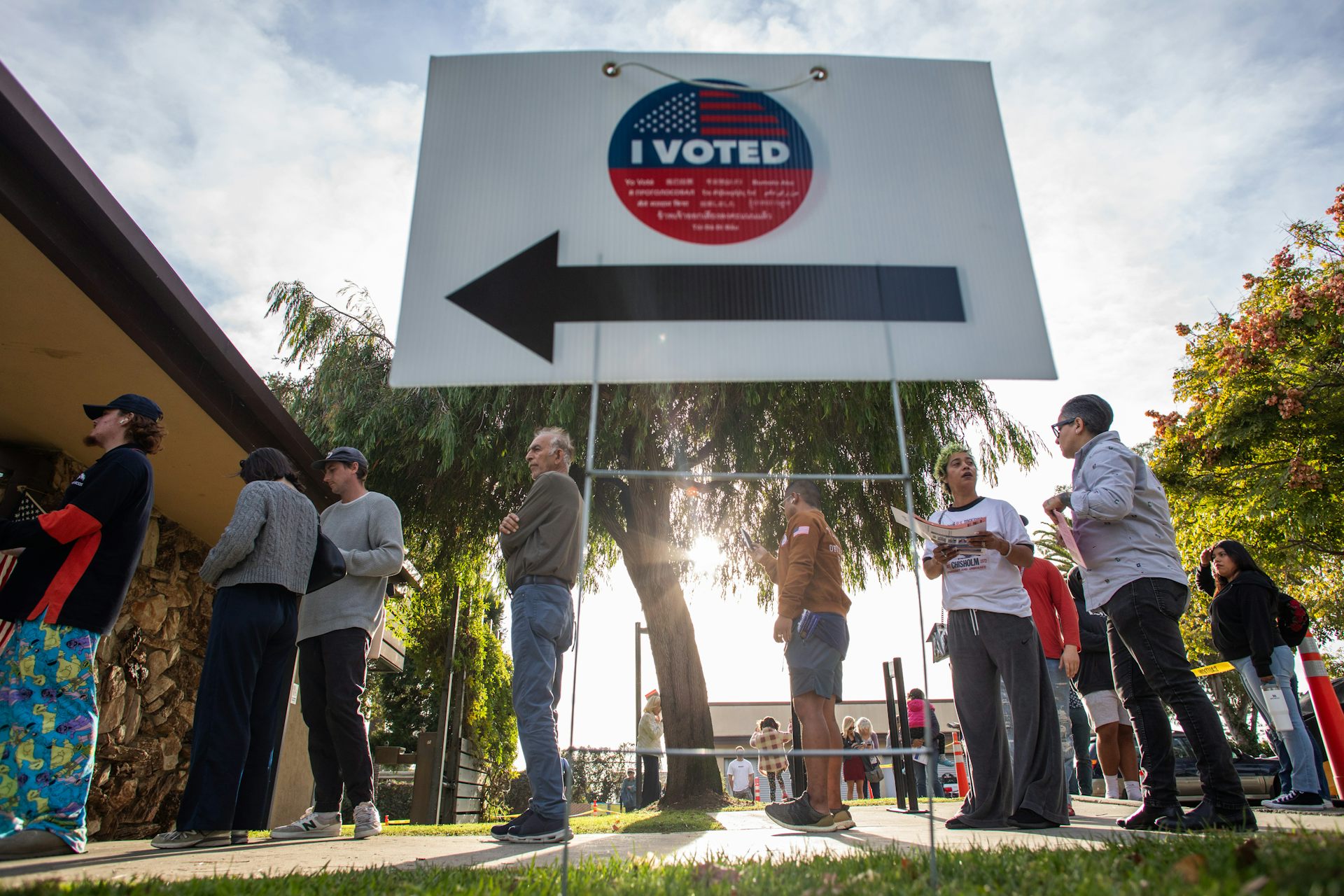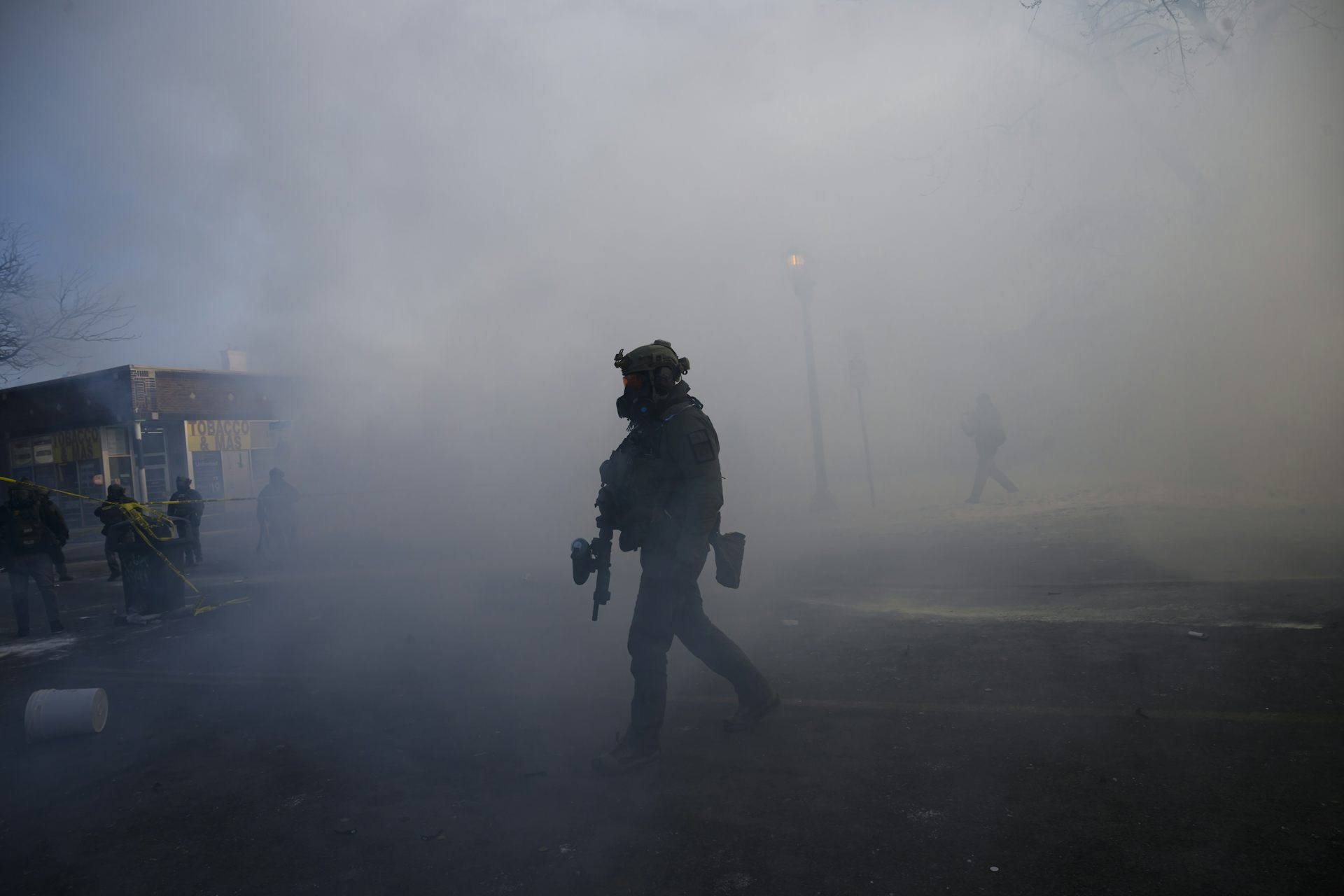Madagascar’s military power grab shows Africa’s coup problem isn’t restricted to the Sahel region
While illegal takeovers of state have declined globally, Africa has now seen at least 10 successful coups since 2020.

Those who rise to power through a coup often fall by the same means.
That is one of the takeaways from events in Madagascar, where on Oct. 14, 2025, the military seized power after weeks of protests largely driven by Gen Z. Ironically, it was the same elite military unit that helped bring Andry Rajoelina, former mayor of the capital Antananarivo, to power in a March 2009 coup that now supported anti-government protesters and ultimately forced the president to flee.
I lead a research team that compiles the Colpus Dataset of coup types and characteristics and have written on the history of coups d’état from 1946 through 2025.
Our data suggests that even as coups have declined globally overall, coup risk remains comparatively high in Africa. Since 2020, the continent has now seen 10 successful coups across eight countries.
But the military takeover in Madagascar marks only the second coup in that period to take place outside of the Sahel region, stretching from the Atlantic to the Horn of Africa – a signal that Africa’s coup problem is becoming a continental one.
But why do some coups succeed and others fail? And why do Madagascar and various states in Africa have trouble escaping so-called coup traps?
Our data provides some answers. But first it is worth exploring what we mean when we use the term coup.
What is a coup?
A coup d’état is a seizure of executive power involving one or more concrete, observable and illegal actions by security personnel or civilian officials.
Here, Madagascar’s military takeover appears to qualify. Despite claims by the country’s new military leader, Col. Michael Randrianirina, that he had an order from the High Constitutional Court legitimizing his seizure of power, this seemed to be contradicted by statements a day earlier that Randrianirina’s military council had suspended the high court’s powers.
That’s not to say that every political event that smells like a coup is, in fact, a coup.
Many coup plots never come to fruition. A bona fide plot may be preempted and the plotters arrested, or plotters may abandon their plan before taking any concrete action. Moreover, sometimes a leader falsely alleges a coup plot to purge members of the government suspected of disloyalty.
A plot without an attempt to oust the leader is not, in our book, a coup.
Conversely, attempts to target a leader without a plan to seize power are not coups. This includes leader assassination attempts by political opponents or lone wolves or mutinies by disgruntled soldiers who might even march on the presidential palace to demand higher pay, promotions or other policy concessions.
Nor do most civilian-led mass uprisings entail coups, even if they are successful in toppling the government. Take Nepal, where in September a Gen Z-led protest turned violent and ousted the government. But there was no coup insofar as the military remained quartered rather than actively joining the protests or issuing a threat to compel the prime minister to resign.
However, some revolutions and coups do co-occur, resulting in a “coupvolution” or “endgame coup.”
Determining whether a coup accompanies anti-government protests depends on how elites and the military behave, not on how violent protesters may be.
In Madagascar, mostly peaceful civilian protests turned into a coup attempt once troops actively joined the demonstrations. That attempt succeeded when Randrianirina, commander of the elite CAPSAT force, claimed the interim presidency and insisted a military council would rule for the time being.
Why do coups succeed?
There have been 601 coup attempts since 1946, according to our database, with 299 being successful – or about 50%. In Africa during that period, 111 out of 225 coup attempts were successful.
Coups come in a variety of forms, with different causes and outcomes, and not all are equally likely to succeed. The events in Madagascar, however, tick many of the boxes associated with determining coup success.
Coups depend on coordinating a lot of people, while simultaneously preventing the leader from finding out about the plot. Mass protests of the kind that rocked Madagascar in recent weeks provide cover – as well as motive and opportunity – for coup plotters.
Counterintuitively, military force is rarely decisive. In a typical coup attempt, much of the military remains neutral, biding its time to see whether the leader or coupists will prevail. Consequently, the perceived momentum of events influences how the military rank and file react: If they think the coupmakers will succeed, they typically join; if they think the coup will fail, they generally oppose it.
A coup’s momentum depends on a variety of factors, including the identity, location and strategy of coup leaders, as well as domestic and international reactions to the coup.
Coups that are launched by government insiders and senior military officers in the capital and are nonviolent and result in pro-coup mass mobilization are the most likely to succeed. By contrast, coups that are launched by government outsiders and junior officers outside the capital and are bloody and generate fierce anti-coup mass mobilization are the most likely to fail.
Coup violence is inversely correlated with success. When no force is threatened – usually because the security forces remain united under a senior command – coups succeed 85% of the time.
By contrast, less than 40% of coups that escalate into civil-war levels of violence – that is, resulting in over 1,000 fatalities – succeed.
In Madagascar, we saw the involvement of government elites and senior officers in the capital, mass pro-coup mobilization, low levels of coup violence and a history of prior successful coups – all of which make coup success likely.

Madagascar is not alone
Since 2020, military actors have also taken power in coups in Burkina Faso, Chad, Gabon, Guinea, Mali, Niger and Sudan.
So why are so many African countries prone to falling into a coup trap?
Scholars have asked this question for decades. Development economist Paul Collier suggests that Africa is the most coup-prone region because it is the poorest region of the world, and it is poverty and low growth – and associated political violence – that drive coups.
Others have pointed to high levels of ethnic diversity, and a history of ethnic exclusion and ethnic militaries, as long-standing drivers of coups on the continent.
But since 2020, a number of other factors also appear to be driving up structural coup risk on the continent. Many African countries have seen declining trust in public institutions and leaders and a rise of terrorist violence, which have generated mass popularity for recent coups on the continent.
Anti-coup norms have also weakened in recent years. International pressure to restore civilian rule was quite strong in the 1990s and 2000s, contributing to the decline of African military coups. But new post-coup African governments appear more resilient to sanctions, are cooperating more with each other and are able to draw on the support of authoritarian “patrons,” notably Russia and China.
As a result, African post-coup governments are staying in power longer, which in turn emboldens coup plotters elsewhere who see a more permissive environment.
So even if there are limits to Africa’s “coup contagion,” Madagascar likely won’t be the last domino to fall, given structural conditions on the continent.
John Joseph Chin does not work for, consult, own shares in or receive funding from any company or organization that would benefit from this article, and has disclosed no relevant affiliations beyond their academic appointment.
Read These Next
Trump says climate change doesn’t endanger public health – evidence shows it does, from extreme heat
Climate change is making people sicker and more vulnerable to disease. Erasing the federal endangerment…
Nearly every state in the US has dyslexia laws – but our research shows limited change for strugglin
Dyslexia laws are now nearly universal across the US. But the data shows that passing a law is not the…
Citizenship voting requirement in SAVE America Act has no basis in the Constitution – and ignores pr
The House has passed a bill to require proof of citizenship for voting. Although it likely won’t become…





